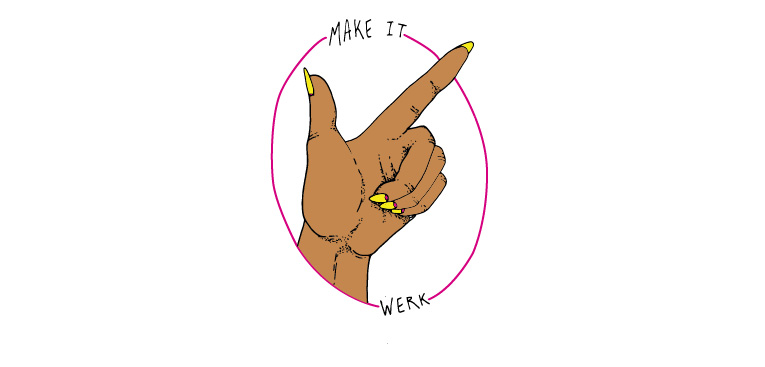Previous articles in this column have focused on how to score a better-than-average job after graduation. However, what if you don’t want to work for someone else? There is a group of students who aren’t going to be looking for work after school: the entrepreneurs.
Are you one of them?
According to the latest ADP employment report, jobs in the West are on the rise. This steady increase in employment for 2016 is an indicator of an increasingly healthy economy for the region. When people believe the economy is strong, people spend more. When people spend more, entrepreneurs have a better shot at getting their new business off the ground.
Selecting an idea to build a business upon is the most important step. Picking an idea requires identifying a problem or need, providing a solution and developing a business model that makes your solution profitable.
A common mistake among entrepreneurs is failing to do the research: Having an idea is only a piece of putting a business together. Putting in the work to identify a market, research competitors and develop a realistic plan is what makes or breaks a business. What sounds like a good idea to one person may not sound like a good idea to others.
So, how does someone prove they have a good idea? They do the research and the work to backup their claim.
Launching a business on an unsupported idea is how the world ends up with products like Coors Rocky Mountain Sparkling Water or WOW! Chips from Frito-Lay (in case you missed this one during the mid-90s, these chips turned out to be a very effective laxative).
Entrepreneurs are people who take a risk in order to start their own business. The risks entrepreneurs take don’t have to be huge in order to provide opportunities to learn huge lessons. As students, we have ways to explore entrepreneurial feelings without spending a lot of money: Providing a service based on personal skills requires very little investment.
There are ways to sell goods without spending much money up front. Drop shipping products to customers means that business owners do not actually handle the product. All a business needs to do in order to succeed on a drop shipping model is to market their product well. The business owner sells the product to the customer before they buy it from the manufacturer or distributor. That means never holding inventory and having very little money tied up in the business.
For those who would just like to look into being entrepreneurial, there are a lot of resources online or in the Portland area that allow students to explore these feelings. Online, check out the Shopify blog for tips and examples of how to run a successful company that sells goods. The Shopify team sends out a weekly email from this section that usually has a lesson pulled from successful Shopify users or companies.
In the Portland area, students can reach out to organizations like the Entrepreneurs’ Organization or Portland SCORE. EO Portland has a mentoring program for aspiring entrepreneurs that lasts 10–12 months. Portland SCORE provides affordable workshops for people interested in running a small business.
Working for someone else means that their dream is being built upon your back. Entrepreneurs have the chance to build their own dreams.
Trying to start a business can teach students a lot, even if they discover they are not interested in being entrepreneurs. Understanding the importance of different facets of business and how they function can make students into stronger applicants after school.
Employers want experience—even if the experience is not a fiscal success. Failures can provide valuable lessons. Where else do you get answers to questions like, “Tell me about a challenge you have faced”?
There is no better time than during school to take risks. It may not always work out, but there are always important lessons to be learned. To quote one of our generation’s greatest educators, “Take chances, make mistakes, get messy!”






